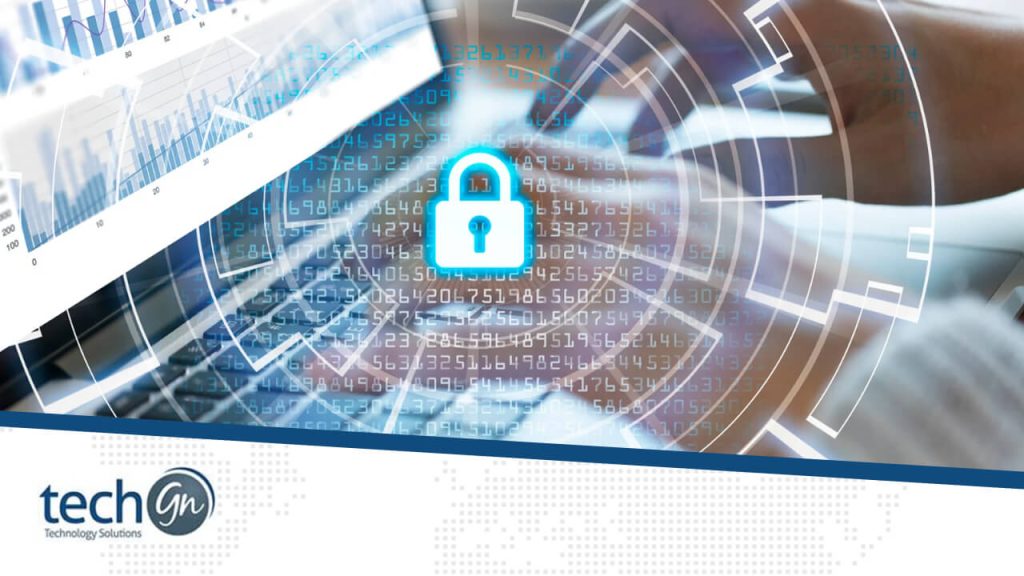Cybersecurity has become a critical concern for individuals, businesses, and governments alike. With the increasing frequency and sophistication of cyberattacks, traditional security measures often fall short in providing robust protection. Enter blockchain technology—a decentralized, immutable ledger system that promises to revolutionize cybersecurity. But how exactly does blockchain contribute to enhancing cybersecurity? Let’s delve deeper into its role and potential applications.
Understanding Blockchain Technology
Before exploring its impact on cybersecurity, it’s essential to understand the basics of blockchain technology. A blockchain is a distributed database that maintains a continuously growing list of records, called blocks, which are linked and secured using cryptographic hashes. The key features of blockchain include:
- Decentralization: Unlike traditional databases, a blockchain is not controlled by a single entity. Instead, it operates on a peer-to-peer network where every participant (node) has a copy of the entire blockchain.
- Immutability: Once data is recorded in a block and added to the blockchain, it cannot be altered or deleted. This immutability ensures the integrity of the data.
- Transparency: Transactions on a blockchain are visible to all participants, promoting transparency and trust.
- Security: The cryptographic nature of blockchain makes it highly secure against tampering and fraud.
Enhancing Data Integrity and Authenticity
One of the most significant advantages of blockchain technology in cybersecurity is its ability to enhance data integrity and authenticity. Traditional databases are vulnerable to tampering and unauthorized changes, but blockchain’s immutability ensures that once data is recorded, it cannot be altered. This is particularly useful for:
- Supply Chain Management: Blockchain can track and verify the authenticity of products, reducing the risk of counterfeit goods.
- Healthcare Records: Patient records can be securely stored and shared on a blockchain, ensuring their integrity and privacy.
Securing Internet of Things (IoT) Devices
The proliferation of IoT devices has introduced new security challenges, as these devices often lack robust security measures and are vulnerable to hacking. Blockchain can enhance IoT security by:
- Decentralized Device Authentication: Each IoT device can be registered on a blockchain, providing a unique identity and reducing the risk of unauthorized access.
- Secure Data Transmission: Blockchain can ensure that data transmitted between IoT devices is secure and tamper-proof.
Preventing Identity Theft and Fraud
Identity theft and fraud are significant concerns in the digital world. Blockchain’s decentralized nature can help mitigate these risks by:
- Digital Identities: Blockchain can create secure and verifiable digital identities that are difficult to forge. Users can control their identity data, reducing the risk of identity theft.
- Authentication: Blockchain can provide a secure and efficient way to authenticate users, eliminating the need for traditional passwords, which are often a weak point in security.
Protecting Against DDoS Attacks
Distributed Denial of Service (DDoS) attacks overwhelm a network or website with traffic, rendering it inaccessible. Blockchain can help mitigate DDoS attacks through:
- Decentralized Infrastructure: A decentralized network of nodes can distribute the load and make it difficult for attackers to target a single point of failure.
- Verification of Traffic: Blockchain can verify the legitimacy of traffic, filtering out malicious requests and ensuring that only genuine traffic reaches the network.
Enhancing Secure Communication
Secure communication is vital for protecting sensitive information. Blockchain can enhance secure communication by:
- End-to-End Encryption: Blockchain can facilitate end-to-end encryption, ensuring that messages are only accessible to the intended recipients.
- Decentralized Messaging Platforms: Blockchain-based messaging platforms can offer secure and private communication channels, free from centralized control.
Challenges and Considerations
While blockchain holds immense potential for enhancing cybersecurity, it is not without challenges. Some considerations include:
- Scalability: Blockchain networks can face scalability issues, particularly with large volumes of transactions.
- Regulation: The regulatory landscape for blockchain is still evolving, and legal considerations must be taken into account.
- Integration: Integrating blockchain with existing systems and infrastructure can be complex and require significant investment.
Bottom Line
Blockchain technology offers promising solutions to many of the cybersecurity challenges faced today. Its decentralized, immutable, and transparent nature provides robust security measures that can enhance data integrity, secure IoT devices, prevent identity theft, and protect against DDoS attacks. While challenges remain, the ongoing development and adoption of blockchain technology are likely to play a crucial role in shaping the future of cybersecurity.
As we continue to navigate the digital landscape, embracing innovative technologies like blockchain will be essential in building a more secure and resilient cyberspace.
Reviews
Tailoring Solutions


